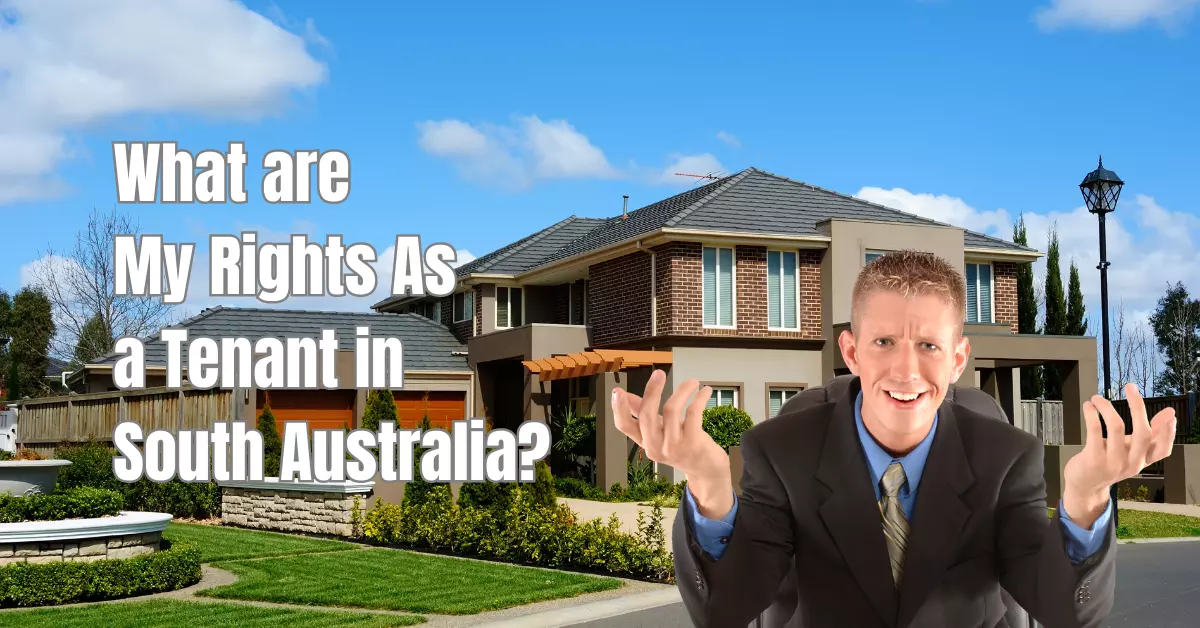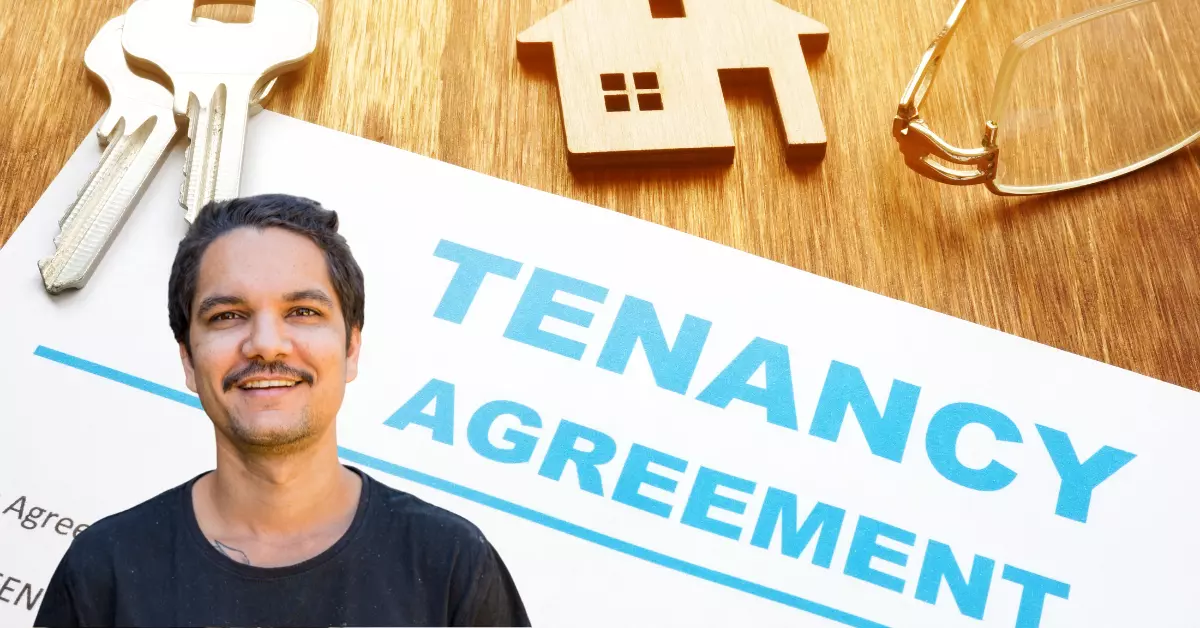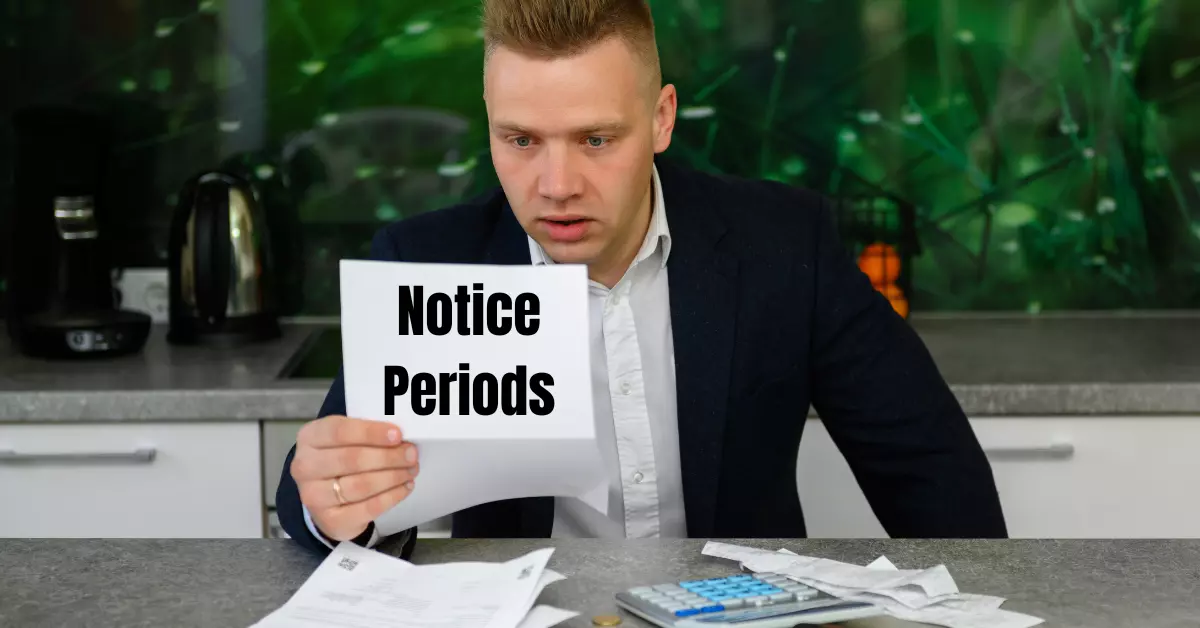What are My Rights As a Tenant in South Australia?
As a tenant in South Australia, your rights are outlined in the residential tenancies act. These rights include quiet enjoyment of your rented property, repairs and maintenance. It also includes reasonable notice before inspecting the property, privacy, and dispute resolution.
Understanding your tenancy rights is vital, as it can help you avoid potential issues and help you make informed decisions during the renting process.

Important Terms And Concepts
As a tenant in South Australia, it’s essential to understand your rights, especially when renting a property.
Tenancy laws can be complex, and it’s easy to get lost in the jargon. That’s why we’ve put together this guide to help you understand some essential terms and concepts.
Definition Of A Tenant In South Australia
First, let’s define what a tenant is in South Australia. A tenant is someone who rents a residential property under a residential tenancy agreement, and they have the right to live in that property and use it as their home.
This agreement can either be a written or a verbal contract between the tenant and the landlord.
Explanation Of Residential Tenancy Agreements
A residential tenancy agreement is a legally binding contract between the tenant and the landlord.
The tenancy agreement outlines the terms and conditions of the rental, including the rent amount, the rental period, and the landlord’s obligations.
The agreement must also include any special terms, such as whether pets are allowed, and the tenant’s responsibilities, such as maintaining the property.
Some standard terms included in the residential tenancy agreement include:
- The rental amount and how it will be paid.
- The rental period, including the start date.
- The bond amount and how it will be returned.
- Whether the tenant can sublet the property.
- The landlord’s responsibilities, such as maintenance and repairs.
- The tenant’s responsibilities, such as keeping the property clean and undamaged.

The Role Of The South Australian Residential Tenancies Tribunal (Sartt)
If there is a dispute between the tenant and the landlord, the South Australian residential tenancies tribunal (sartt) can intervene.
The sartt is an independent body that helps tenants and landlords resolve disputes and make decisions about rental properties.
Some common disputes that the sartt can help resolve include:
- Rent arrears and payment disagreements.
- Breach of contract.
- Repairs and maintenance issues.
- Disputes over bond payments.
- Breach of quiet enjoyment.
Understanding Your Rights As A Tenant
The Main Areas Of Protection For Tenants In South Australia
If you live in South Australia as a tenant, you are protected by several laws that ensure you have a safe, healthy, and comfortable place to live.
Here are some of the key areas of protection that you should know about:
- Security of tenure, which means that you cannot be evicted without a valid reason.
- Fair rent, which means that your rent can only be increased in certain circumstances, and you have the right to dispute any increases.
- Proper termination procedures, which means that your landlord must follow the correct procedures if they want to end your tenancy.
- Protection from discrimination, which means that your landlord cannot discriminate against you based on your race, gender, sexuality, age, or disability.
The Requirements For The Landlord To Provide A Safe And Habitable Property
One of the key responsibilities of a landlord in South Australia is to provide a safe and habitable property for their tenants.
Here are some of the things that landlords are required to do:
- Ensure that the property is structurally sound and free from hazards.
- Make sure that the property has adequate water, electricity, and gas supplies.
- Provide working smoke detectors and other safety features.
- Take care of any repairs or maintenance issues promptly.

Discussion Of Tenant Privacy Rights
As a tenant in South Australia, you have the right to privacy in your home. Here are some of the key things to know about your privacy rights:
- Your landlord cannot enter your property without your consent, except in certain circumstances.
- Your landlord must give you reasonable notice if they need to enter your property.
- Your landlord cannot harass you or interfere with your right to quiet enjoyment.
The Landlord’S Obligation To Make Repairs And Maintenance
Another important responsibility of landlords in South Australia is to take care of repairs and maintenance issues in their properties. Here are some of the key things that landlords are required to do:
- Keep the property in a reasonable state of repair and maintain it in a way that meets health and safety standards.
- Carry out any necessary repairs in a timely manner.
- Ensure that any maintenance work is done by qualified professionals.
- Provide tenants with appropriate instructions for the use of fixtures and appliances in the property.
Termination Of Tenancy
Grounds For Termination Of Tenancy In South Australia
As a tenant in South Australia, it is essential to be aware of the necessary information concerning the termination of your tenancy. A tenancy can be ended under several grounds which include:
- Failure to pay rent.
- Breach of the tenancy agreement.
- Using the property for illegal purposes.
- Conduct that causes damage to neighbors or the landlord’s property.
- In case the landlord wants the property back for personal use.
Notice Periods For Both Landlords And Tenants
In South Australia, notice periods are the same for tenants and landlords when it comes to ending a tenancy.
Both parties must provide written notice of their intention to terminate the contract. Notice periods depend on the type and duration of the lease.
Below are some examples of the notice periods required for different types of tenancies:
- Periodic lease: A minimum of 28 days notice is required for both tenants and landlords.
- Fixed-term lease for six months or less: No less than 28 days notice is required for both parties.
- Fixed-term lease for more than six months: A minimum of 90 days notice period is required for both parties.

The Process For Dispute Resolution And Sartt Involvement
Disputes between tenants and landlords are, at times, inevitable. The south australia government offers a free and efficient dispute resolution avenue through the south australian civil and administrative tribunal (sacat).
The following steps should be followed in case of a tenancy dispute:
- First, try to solve the dispute amicably. Talk to the landlord or tenant to clarify any issues.
- If the dispute remains unresolved, you can request mediation through the sacat dispute resolution service. Mediation is a voluntary process whereby a trained mediator will help both parties come to a resolution.
- If the dispute remains unresolved after mediation, an application can be lodged with the sacat for a hearing or trial. The sacat will then determine whether you or your landlord had a valid case and the appropriate compensation.
Frequently Asked Questions On What Are My Rights As A Tenant In South Australia?
What Rights Do Tenants Have In South Australia?
Tenants have the right to quiet enjoyment, repairs, and a fair rental agreement. Other rights include safety and security.
Can A Landlord Enter My Rental Property Without Permission?
No, landlords must provide written notice before entering a rental property. Exceptions are made for emergencies or with the tenant’s permission.
How Much Notice Does A Landlord Have To Give To End A Lease?
A landlord must give at least 28 days’ notice to end a periodic lease or 60 days’ notice for a fixed-term lease.
Can A Landlord Increase The Rent During A Lease Period?
A landlord can only increase the rent during a lease period if the lease agreement allows for it, or if both parties agree to the increase. The landlord must also follow the proper notice requirements.
Conclusion
Navigating your tenant rights in South Australia empowers you to enjoy a safe, secure, and hassle-free living experience.
From maintenance requests to rent increases, remember, you’re not just a renter, you’re protected by South Australian legislation. Your rights aren’t just suggestions – they’re your legal safeguards. Take full advantage.